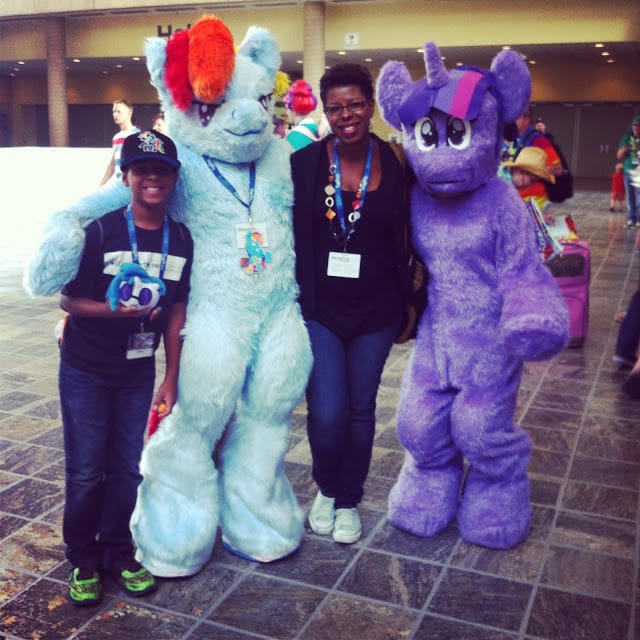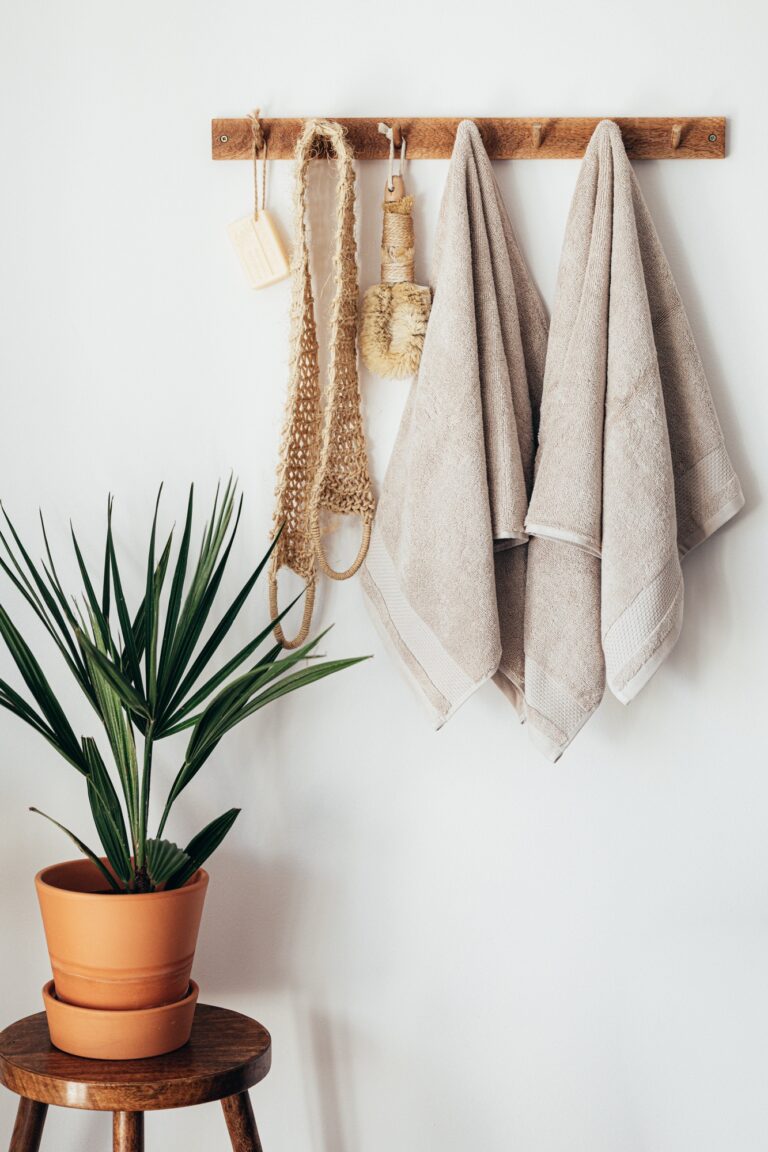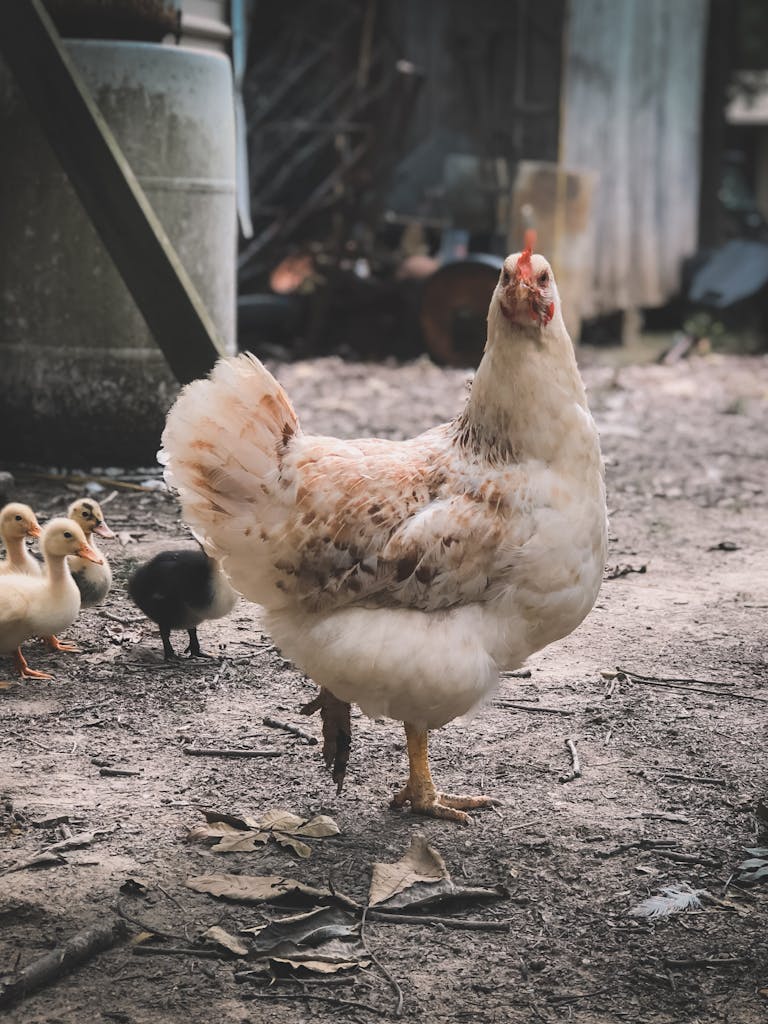Bring On the Brony Love: Embracing Diversity in the Brony Community at BronyCon 2014
Last weekend, I delved into the vibrant world of BronyCon 2014 in Baltimore, MD, where my son and over nine thousand other My Little Pony (MLP) fans gathered for a celebration of friendship, love, and tolerance. In the midst of colorful cosplays, enthusiastic shouts of “Free Hugs!” and families uniting over the Brony spirit, it became evident that this seemingly niche phenomenon was much larger and more impactful than I had initially imagined.
As a Gender Specialist, my usual focus revolves around challenging gender norms for women and girls. However, BronyCon shed light on the often-overlooked challenges faced by boys who deviate from traditional gender expectations. Boys who appreciate a show centered on wholesome values like friendship find themselves navigating a world that expects them to be stoic and unfeeling. BronyCon becomes their haven, a space free from ridicule, where they can share their passion openly.

Yet, behind the colorful enthusiasm lies a darker reality. The issue transcends mere fandom, delving into the restrictive gender roles imposed on children. My son’s love for MLP prompted unwarranted questions about his sexuality, illustrating the societal pressure to conform to narrow norms. The homophobia triggered by this scrutiny subjects many Bronies to daily torment, exacerbated by a lack of support from those meant to protect them.
On our journey home, my son’s tears revealed the emotional toll of living in a world where liking MLP feels like a shameful secret. It’s a struggle against societal expectations that suffocate freedom of expression and creativity in our children. As a parent, I am now compelled to delve deeper into the multi-layered issue of gender typing, particularly as it relates to the Brony phenomenon.
One aspect that caught my attention is the lack of diversity within the Brony community. The audience at BronyCon was noticeably homogeneous, prompting me to question why the community doesn’t reflect the ethnic distribution of our country. This realization leads me to explore the lives of Bronies of color, understanding the unique challenges they face as outcasts among outcasts. If you’re a Brony of color reading this, I invite you to share your thoughts on this aspect of the community.
BronyCon has opened my eyes to a pressing issue too often taken for granted—the pressure to conform to rigid gender roles. It’s a call to action to challenge hetero-normative patterns in our society, especially as they manifest in the lives of our children.
Discover more from DG Speaks
Subscribe to get the latest posts sent to your email.





